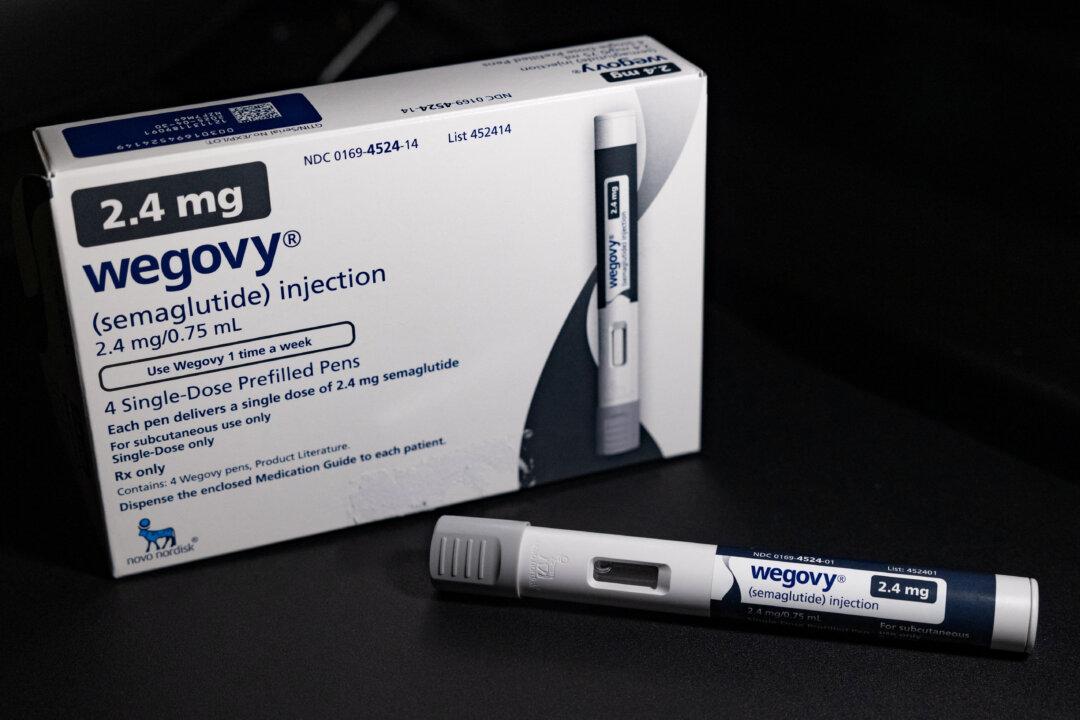The Centers for Medicare and Medicaid Services (CMS) announced on April 4 that it would not start covering anti-obesity drugs for its beneficiaries.
This decision was reflected in a final ruling, released the same day, that sought to modernize and improve Medicare Advantage, Medicare Prescription Drug Benefits (Part D), Medicare cost plans, and Programs of All-Inclusive Care for the Elderly.





